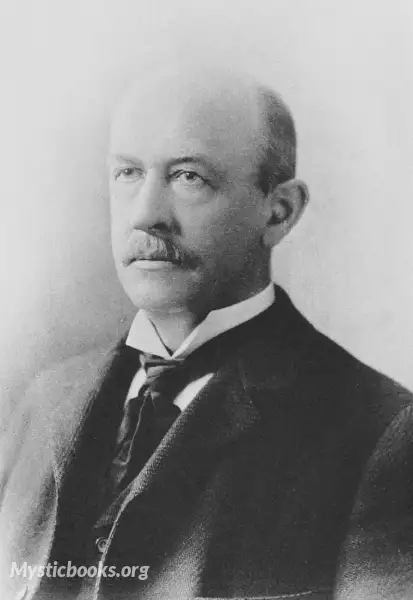
Timeline
Title
Country/Nationality
William Graham Sumner
William Graham Sumner was an American social scientist, historian, and educator who lived from 1840 to 1910. He was born in Paterson, New Jersey, and grew up in a family of modest means. He received his undergraduate education at Yale University, where he later became a professor of political and social science. Sumner's principles were deeply rooted in the classical liberal tradition, and he became one of the leading advocates of free-market capitalism and individualism in the United States during the late 19th century.
Sumner was famous for his works on sociology, economics, and political philosophy, which were characterized by their clarity and lucidity. His most notable works include "Folkways" (1906), "What Social Classes Owe to Each Other" (1884), and "The Forgotten Man and Other Essays" (1919). "Folkways" is considered one of the most influential books in the field of sociology, as it provides a comprehensive analysis of the ways in which social norms and customs are established and perpetuated in human societies. "What Social Classes Owe to Each Other" is a scathing critique of the welfare state and argues that individuals, not the government, should be responsible for their own well-being. "The Forgotten Man and Other Essays" is a collection of Sumner's most important writings, in which he defends the principles of individualism and laissez-faire capitalism.
Sumner's philosophy was based on the idea that individuals should be free to pursue their own self-interest, and that the government's role should be limited to the protection of individual rights and the maintenance of social order. He believed that the market economy was the best system for allocating resources and promoting economic growth, and that government intervention in the economy would only lead to inefficiencies and distortions. Sumner was also a strong advocate of social Darwinism, which held that the principles of natural selection should be applied to human society, and that individuals and societies should be allowed to compete freely in the marketplace of ideas and goods.
William Graham Sumner died on April 12, 1910, in New Haven, Connecticut, at the age of 70. He is remembered as one of the most important social thinkers of his time, and his works continue to be studied and debated by scholars in a variety of disciplines. Although he was a controversial figure during his lifetime, Sumner's contributions to the fields of sociology, economics, and political philosophy have had a lasting impact on the development of liberal thought in the United States and beyond.
One interesting fact about William Graham Sumner is that he was a passionate advocate for the game of baseball, and he was instrumental in organizing the first intercollegiate baseball game between Yale and Harvard in 1865. Sumner also wrote a number of articles on the history and culture of baseball, and he was a regular attendee of games throughout his life. His love for baseball was a reflection of his broader belief in the importance of competition, individual achievement, and the pursuit of excellence.
Books by William Graham Sumner

The Forgotten Man and Other Essays
In this, Sumner presents a essays on a variety of topics, including economics, politics, and social issues. Each essay is characterized by Sumner's clear and lucid writing style, as well as his commitment to the principles of individualism, free-mark...